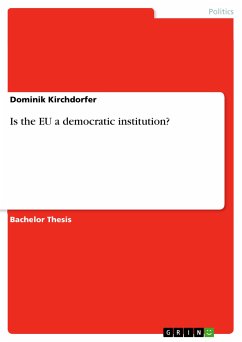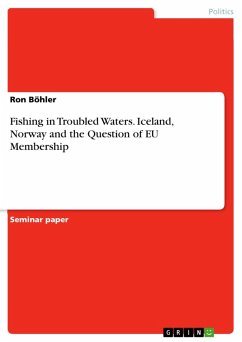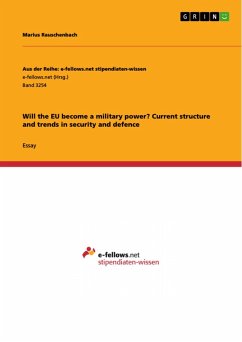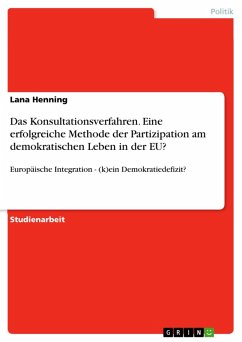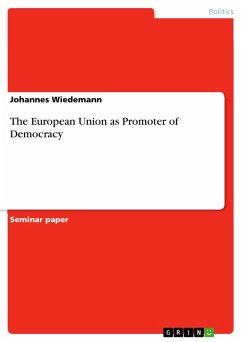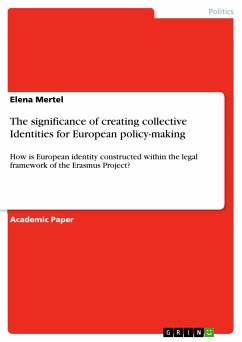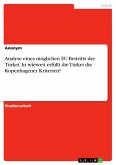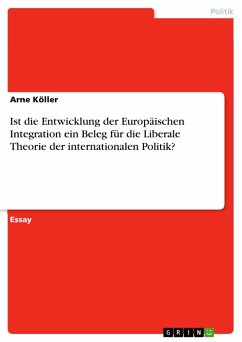Bachelor Thesis from the year 2012 in the subject Politics - Topic: European Union, grade: 1, University of Vienna (Institut für Staatswissenschaft), course: Comparing the EU, language: English, abstract: The European Union has often been critiqued in the past, as well as the present, for its apparent lack of democratic values. Now many find themselves questioning whether the critics were not right after all. Many different points have been raised in contemporary literature which reinforce this viewpoint, making further research in this field of study not only relevant, but necessary in our current crisis. I will review and analyse some of these accusations in this paper and attempt to disprove them if possible. Issues include the lack of a government and classical opposition, which leads to opposition of the entire system, the nationality problem, which can be found in almost every text about the European Union, as well as the powerful position of the Comission, the lack of power in the hands of the European Parliament and the favouritism of negative integration over positive integration. The main questions I will try to answer are: Is the EU a democratic institution? If so, what makes it democratic? If not, what does it lack and how can these issues be overcome?
Dieser Download kann aus rechtlichen Gründen nur mit Rechnungsadresse in A, B, BG, CY, CZ, D, DK, EW, E, FIN, F, GR, HR, H, IRL, I, LT, L, LR, M, NL, PL, P, R, S, SLO, SK ausgeliefert werden.

